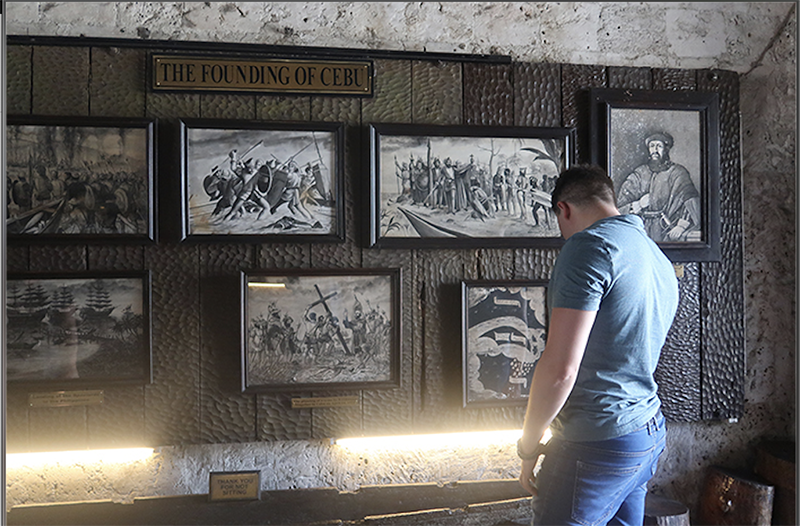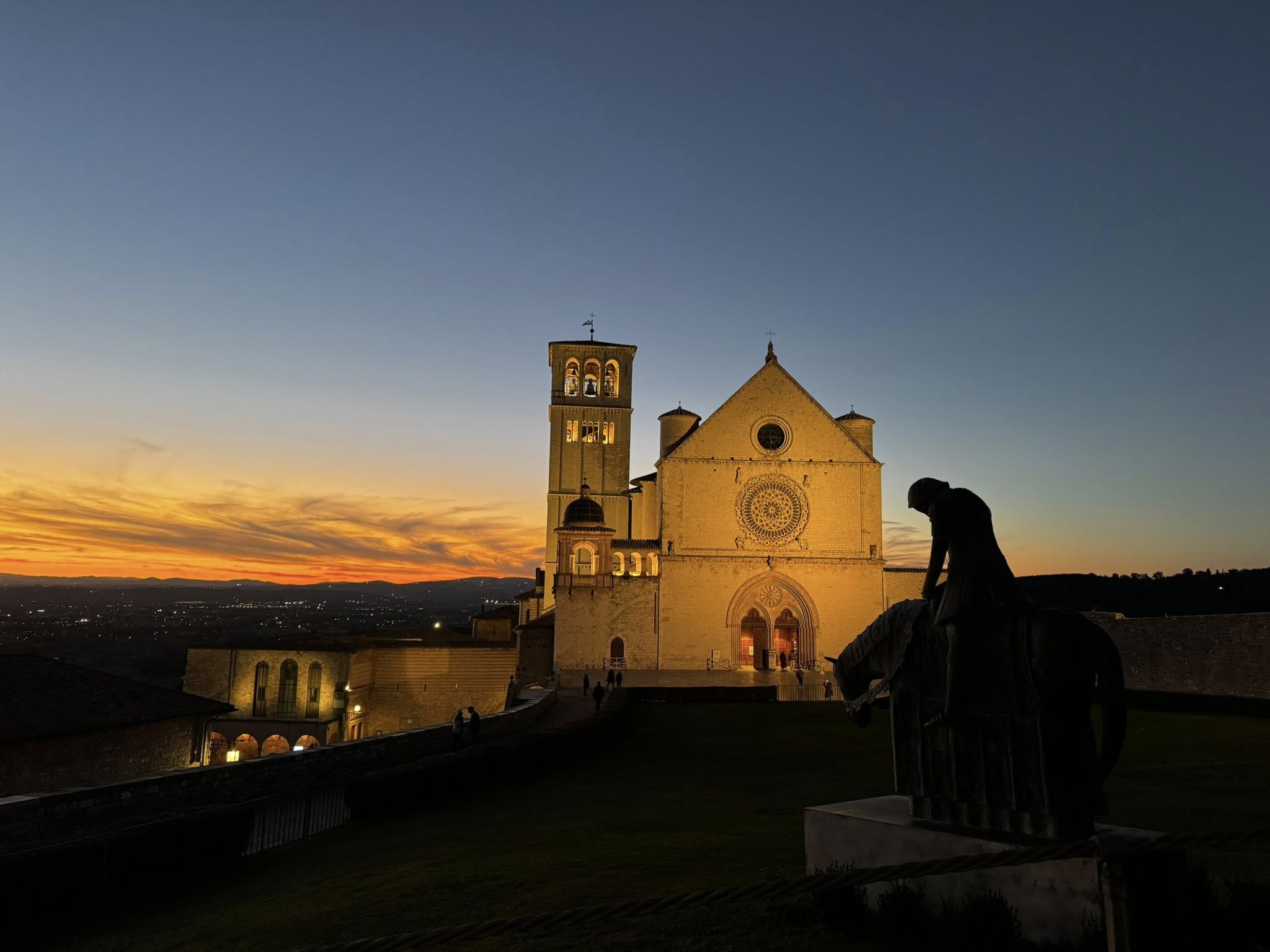Joaquim Magalhães de Castro
The unsuspected Diogo do Couto also looked at the historical trip to Cebu for a long time, and his account, inserted in his Decada Oitava da Asia, is, many times, coincident with that of the anonymous chronicler and it is very likely that he was inspired by it.
Couto starts by telling us that Gonçalo Marramaque found out about the Spanish presence in Cebu when he was still “at the bar of Borneo,” that is, in the current sultanate of Brunei. The author of Soldado Prático also tells us about Pero da Cunha, although he paints him in dark colors.
The Portuguese gallant had been given the responsibility of announcing the arrival of the Marramaque’s fleet at the kingdom of Ternate in advance, but in the meantime he met an island resident’s merchant named Henrique de Lima, and confided him, in the course of a mere informal conversation, one of his superior’s secret missions: to give King Aeiro a prison sentence and incarcerate him.
Lima, certainly looking at his own interests (he personifies, in attitude and profile, the typical “homiziado” – rebel), immediately shared the secret matter with the sovereign of Ternate, to whom he was very close.
And so, concludes Couto, “the day that Gonçalo Pereira appeared in the port of Talanganu soon the king embarked on some ‘caracoras’ along with his children.”
After completing the tasks that had taken him to the Spice Islands, Gonçalo Marramaque tried to send the emissary António Rombo, “in two caracoras” with a message to the Spaniards stationed in Cebu and from there bring news about his real capacity; whether or not they were maintaining contacts with those from New Spain (i.e., Mexico); if they knew the way back there, etc.
At a bad time, he did so, because the mentioned António, due to his inability or self-interest did not know how to behave on the ground where he was, nor was he discreet in his behavior.
As the chronicler sums it up, “instead of taking advantage, he damaged the process,” because he revealed to the Castilian pilots a Portuguese seafaring chart that left them amazed, and it would be thanks to it that they were finally able to learn about the sea routes of China, Japan and all of that archipelago.
Couto tells us, by the way, that this thing about the seabreaking letter was “something they didn’t know and bought for a lot, because everything Rombo gave him for as little as his ignorance was,” a somewhat ambiguous phrase who shows us that the emissary, in addition to being naive, was a traitor, since it is quite possible he had negotiated that valuable and secret parchment. If he managed to get a good price for it or not, it didn’t let him off the hook for an act of injury to his country, which at that time was paid with one’s life.


 Follow
Follow

